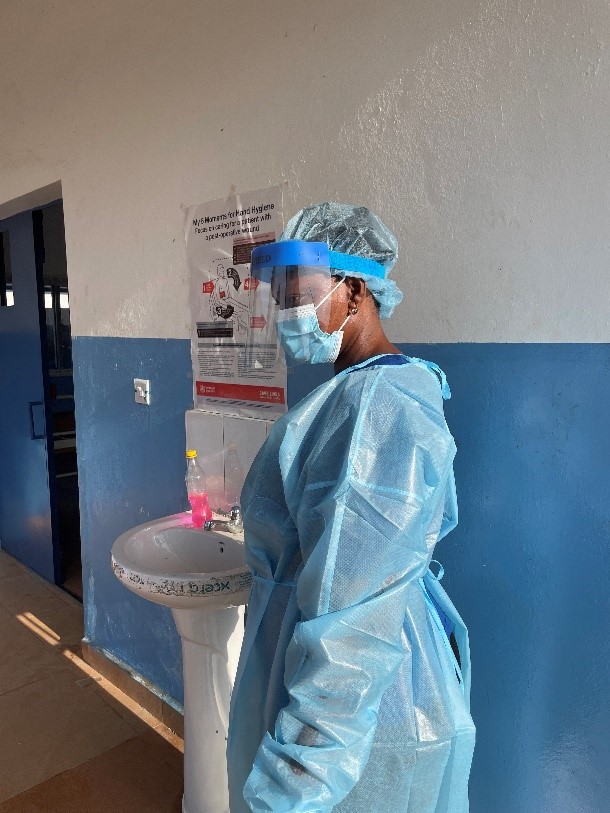The ongoing mpox outbreak in Sierra Leone is testing public health systems, and TDR-trained frontline health workers are stepping up—demonstrating the impact of implementation research, strategic leadership and frontline capacity in building resilience to health emergencies.
As of early June 2025, Sierra Leone reported more than 3800 confirmed mpox cases and at least 20 deaths, marking one of the country’s most serious public health challenges in recent years. This outbreak is part of a wider resurgence across Africa, with 52 000 cases and 1770 deaths recorded in 16 countries this year. On 9 June, the World Health Organization reaffirmed that this outbreak remains a public health emergency of international concern.
SORT IT alumni at the helm
The Structured Operational Research and Training Initiative (SORT IT)—a global partnership led by TDR, the Special Programme for Research and Training in Tropical Diseases—equips health professionals to use implementation research for better decision-making. In Sierra Leone, 56 health professionals have been trained through the SORT IT programme over the last 8 years, and these SORT IT alumni are now playing key leadership roles to tackle the mpox outbreak at national and district levels.
"What we’re seeing is national leadership in action—from revising national protocols to guiding field teams. This response is not just about reacting to a crisis; it’s about building a smarter, stronger system from the ground up," said Dr Ibrahim Franklyn Kamara, WHO Mpox Case Management Lead in Sierra Leone and SORT IT alumnus. 
A nurse in an mpox isolation center at a regional hospital in Sierra Leone. Photo credit: Dr Yusuf Sheku Tejan.
SORT IT graduates are driving rapid training efforts to strengthen the health workforce, said Dr Sulaiman Lakoh, the National Mpox Case Management Lead in Sierra Leone.
"With the support of WHO and using SORT IT-acquired skills, we have rapidly trained over 700 health workers—which is no small feat. It’s an investment in frontline readiness and lasting health system resilience to tackle mpox," said Dr Lakoh.
Infection prevention and control, clinical care and technical support are central to the mpox response.
"Aligning our mpox response with global best practices has been key. From infection control to clinical guidance, we’ve strengthened the foundation for a safer and more effective outbreak response," noted Dr Abdulai Tejan Jalloh, Case Management Team Lead and Medical Superintendent at Kenema Regional Hospital.
District-level field assessments and strengthened surveillance are helping teams stay ahead of the outbreak.
"By working directly with district teams, we’ve identified critical gaps and acted fast—from upgrading isolation units to enhancing surveillance. This is how preparedness translates into real-world impact," said Dr Yusuf Sheku Tejan, Case Management Lead at Port Loko Regional Hospital.
For more information, please contact Dr Rony Zachariah.

